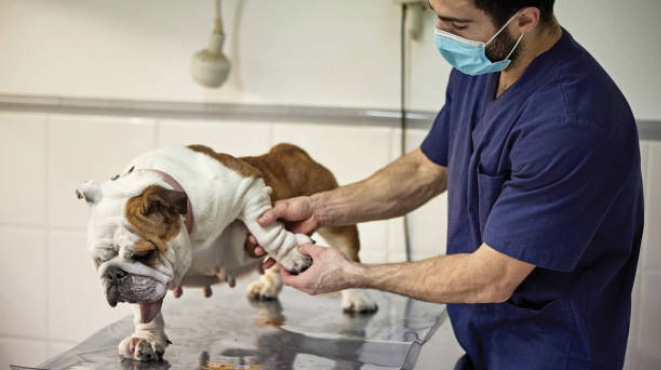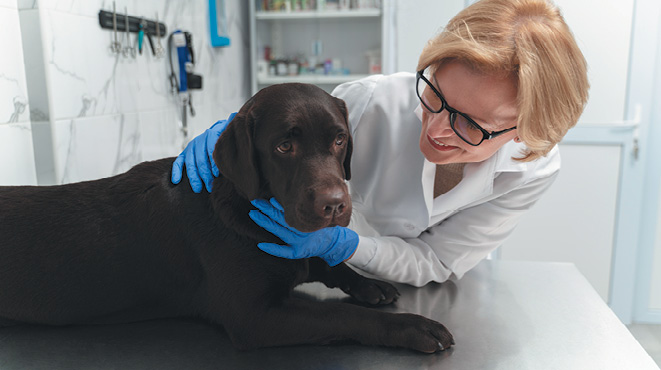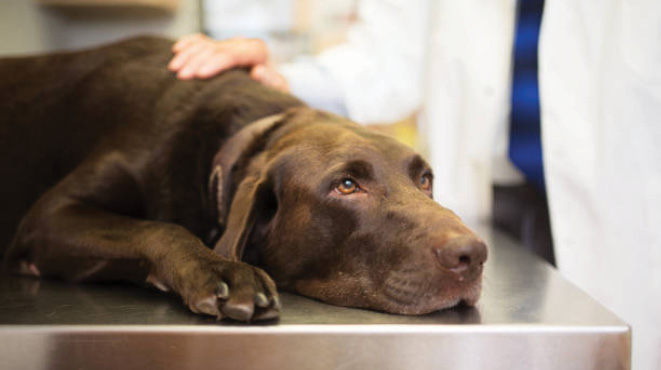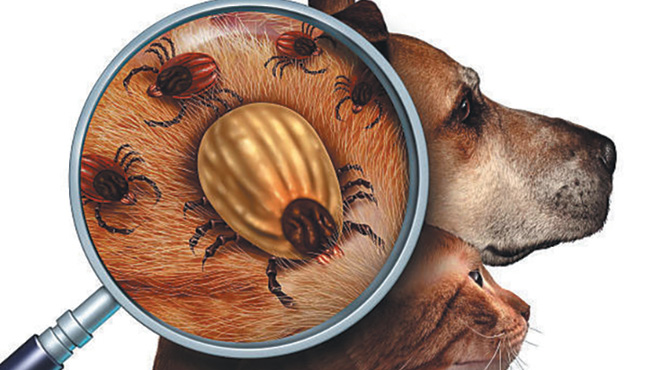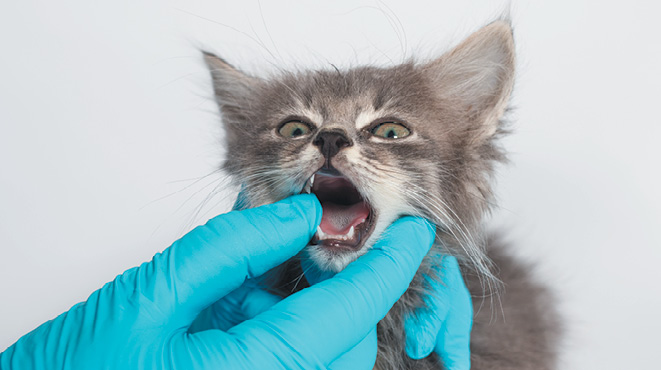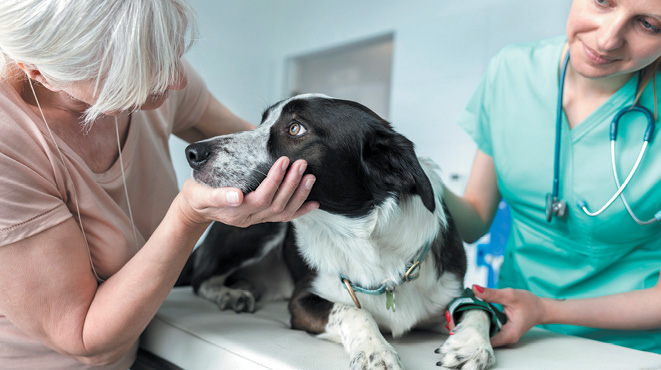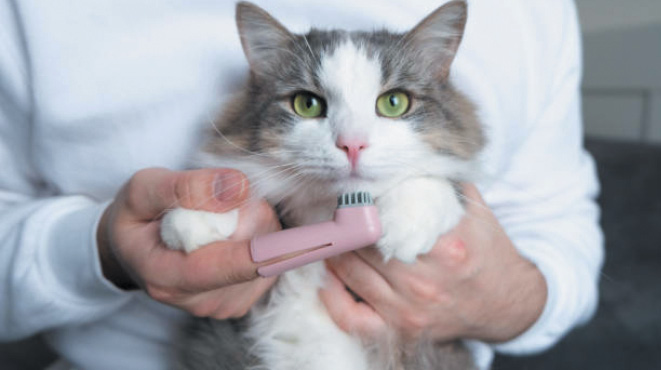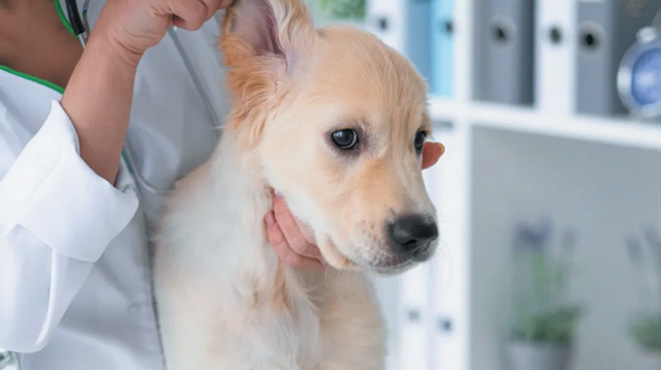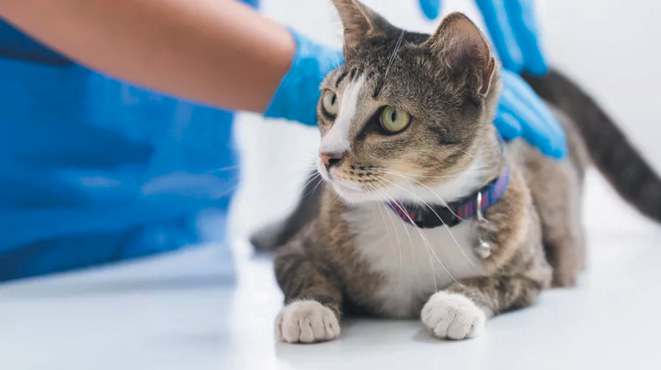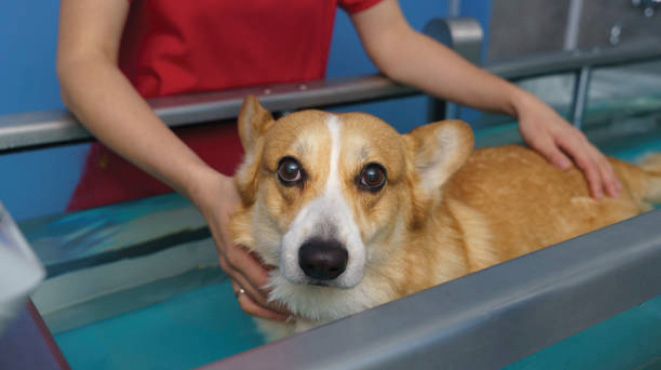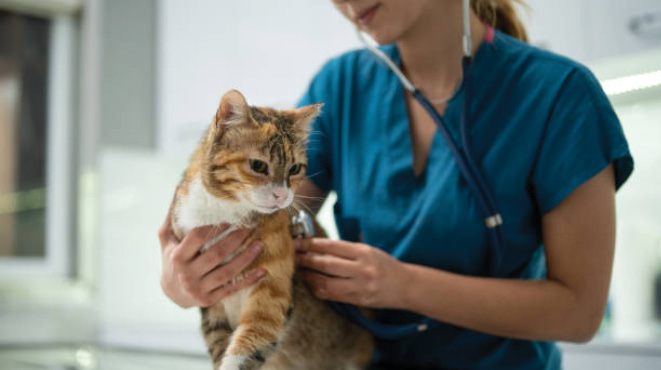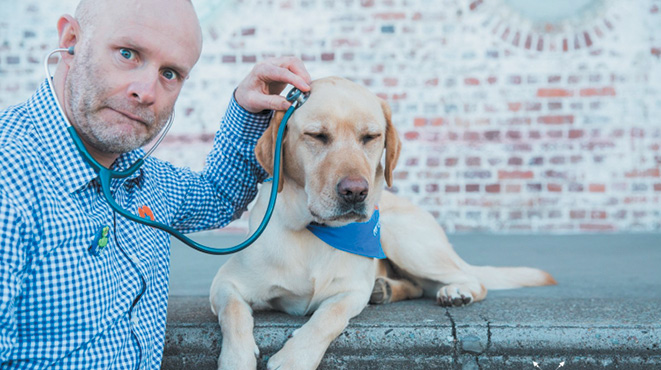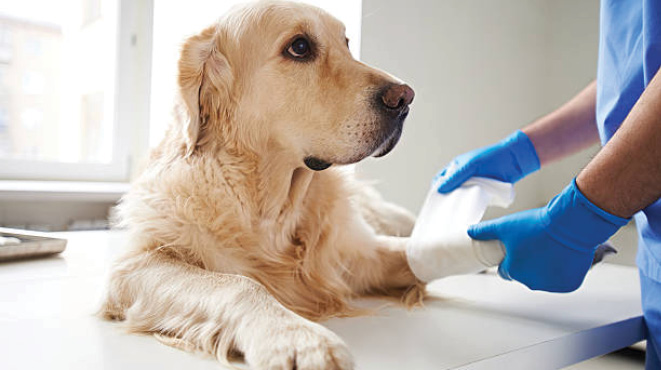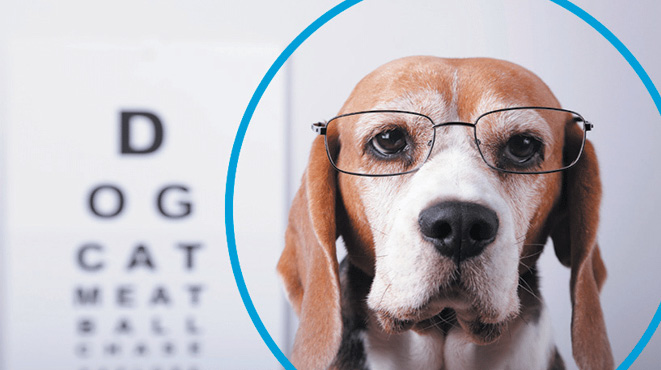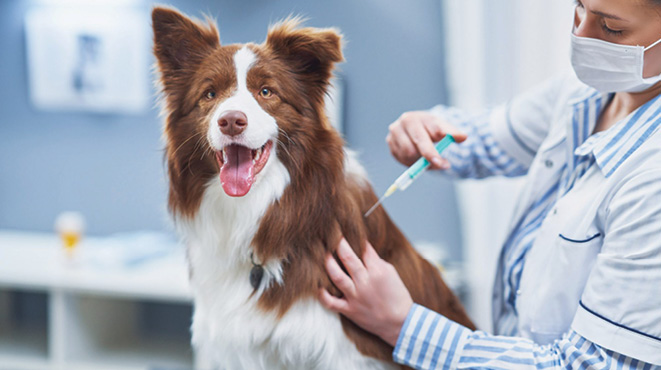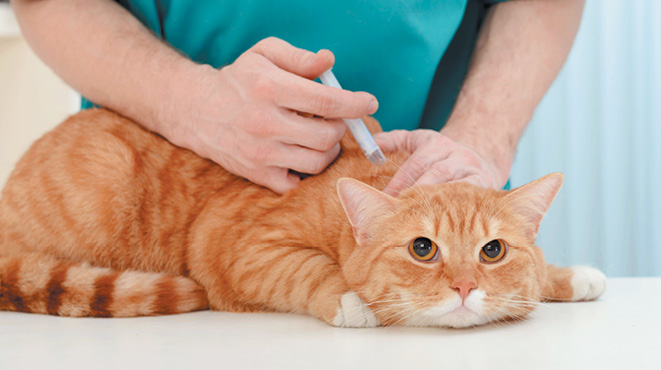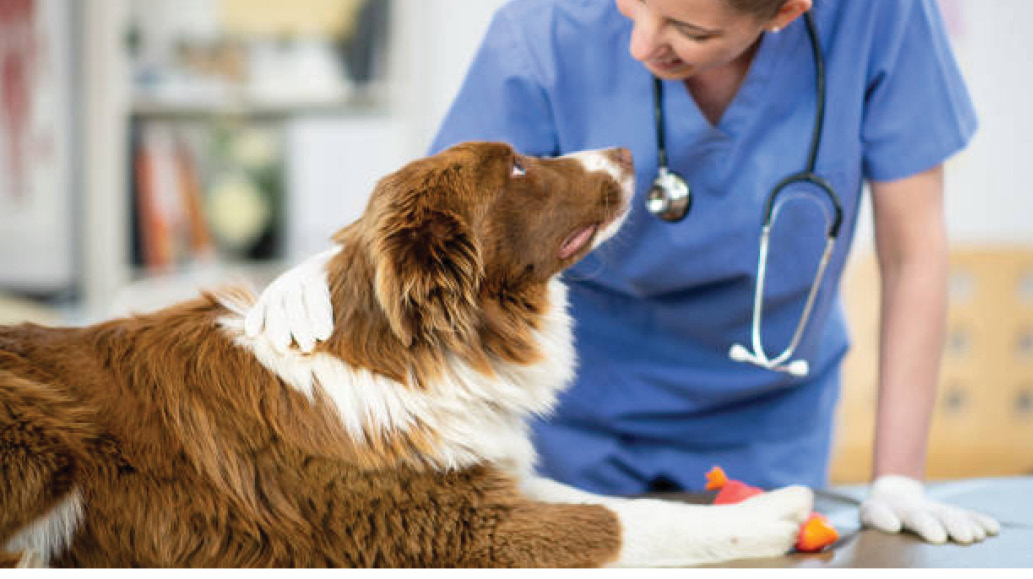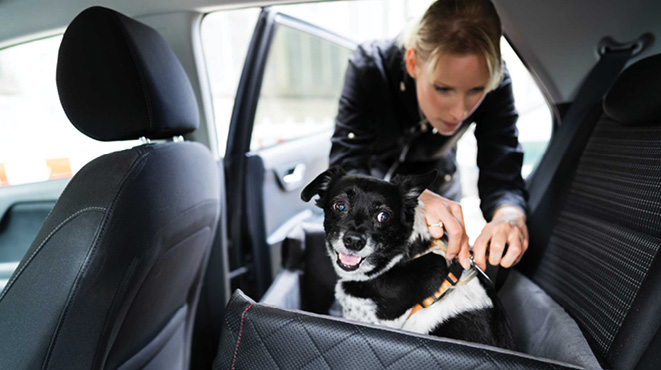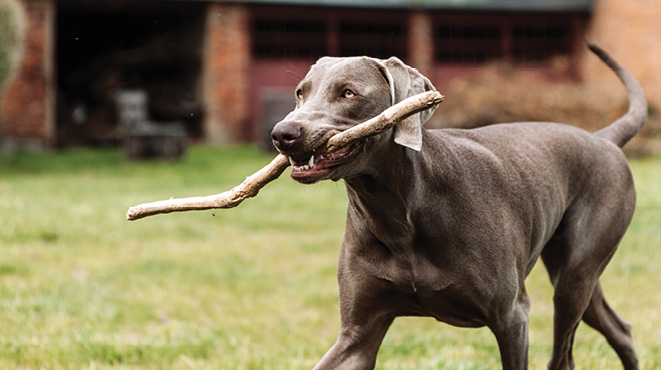BY DR NICKY THOMAS, WYNNUM MANLY VETERINARY HOSPITAL
 Arthritis is a degenerative disease which causes inflammation of the joints. Approximately 25% of dogs are diagnosed with arthritis in their lifetime with as many as 60% showing changes on x-rays. In one study a huge 90% of cats over the age of 12 years showed radiographic signs of arthritis.
Arthritis is a degenerative disease which causes inflammation of the joints. Approximately 25% of dogs are diagnosed with arthritis in their lifetime with as many as 60% showing changes on x-rays. In one study a huge 90% of cats over the age of 12 years showed radiographic signs of arthritis.
Types of arthritis
There are two forms of arthritis – primary and secondary. Primary arthritis is due to ageing – years of wear and tear on the joints. Secondary arthritis is the result of an external event or force on joints – injury or conformation (poor joint alignment) which have damaged the joint cartilage. There are also some immune conditions which cause arthritis.
Diagnosis
Diagnosis of arthritis is based on physical examination and diagnostic imaging (x-rays, arthroscopy, CT scans or MRI).
Treatment
Treatment of arthritis is based on management as there is no specific cure. The goals of treatment are to relieve the pain and discomfort associated with the condition, minimizing further joint damage and degeneration and restoring the functionality of joints as much as possible.
There are a number of factors involved in treatment including:
- Managing weight – your vet may recommend a weight loss diet for your pet as overweight animals put more strain on their joints.
- Maintaining an appropriate exercise program – low impact exercise such as gentle leash walks or swimming to keep joints moving.
- Joint supplements to support healthy cartilage – there are a range of different products with ingredients such as polysulphated glycoaminoglycans, glucosamine and chondroitin sulfate.
- Diets containing omega fatty acids or supplements such as fish oil or green lipped mussel extract.
- Anti-inflammatory pain relief – ask your vet for advice on the most appropriate medication for your pet.
- Physiotherapy, acupuncture and massage can be very helpful to help relieve pain.
- There are some new injectable medications for dogs and cats which are so far proving very helpful on reducing the signs and discomfort of arthritis – ask your vet for more information.

